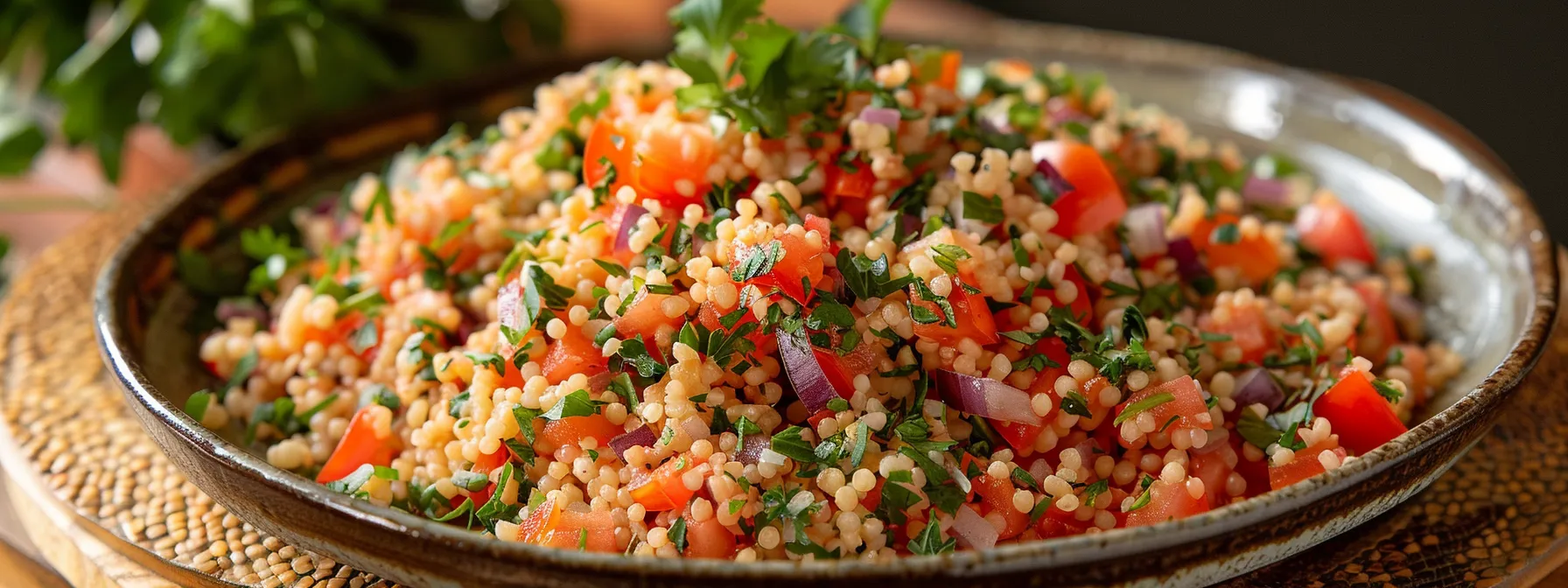Cooking Halal on a Budget: Tips and Tricks
Preparing meals that are both halal and budget-friendly can be a fulfilling journey of culinary discovery and religious observance. Understanding Islamic dietary laws is essential for anyone looking to embrace halal cooking. It involves more than just selecting the right ingredients; it’s also about the preparation and handling of food. Implementing budget-friendly strategies can make this lifestyle accessible and enjoyable for all. Below, we explore practical tips and tricks to help you navigate this culinary path with ease and confidence.
Understanding the Basics of Halal Cooking
Halal cooking starts with the fundamentals of understanding what is permissible and what is not according to Islamic law. The concept of halal food extends beyond the absence of pork and alcohol. It encompasses the entire process, from the sourcing of ingredients to the method of preparation. Halal-certified meats, for instance, must come from animals that have been slaughtered in a specific manner.
Familiarizing yourself with the criteria for halal certification is crucial. Being well-versed in these guidelines can help identify halal products and prevent accidental consumption of non-halal items. Moreover, halal food preparation also involves ensuring that there is no cross-contamination with non-halal substances in your kitchen.
For those new to halal cooking, there are ample resources available that provide guidance on how to make food halal. Such resources offer insights into selecting suitable ingredients, along with tips on meal preparation and handling that align with Islamic dietary principles.
Mastering the Art of Meal Prepping and Planning

Meal prepping is a cornerstone of cooking halal on a budget. By preparing meals ahead of time, you can make use of all the ingredients you’ve purchased while avoiding waste. It also helps you resist the temptation of eating out, which can be more expensive and potentially non-halal. Set aside a day to cook larger batches of meals that can be refrigerated or frozen and enjoyed throughout the week.
When planning your meals, focus on dishes that feature overlapping ingredients. This not only simplifies shopping but also ensures that you use up all items before they spoil. Additionally, cooking versatile base ingredients, like quinoa or ground halal beef, in bulk allows for creating different flavors and dishes throughout the week with minimal effort.
Be sure to incorporate a variety of cuisines and flavors into your meal planning. This diversity can prevent meal fatigue and keep your diet interesting and enjoyable. Experiment with spices and seasonings to enliven simple ingredients and transform them into delectable meals. Spices not only enhance flavor but also offer health benefits, making them an invaluable addition to halal cooking.
Embracing Seasonal Produce and Local Halal Markets
Seasonal produce is often fresher, tastier, and less expensive than out-of-season counterparts. It’s harvested at peak ripeness and doesn’t incur the extra costs associated with transportation and preservation. Make a habit of visiting farmer’s markets or subscribing to a local CSA (Community Supported Agriculture) box for a fresh and budget-friendly supply of fruits and vegetables.
Local halal markets are invaluable for accessing a wide array of halal-certified products. By supporting these businesses, you not only contribute to the local economy but can also enjoy seasonal deals and freshly sourced items. In many cases, these markets are run by individuals well-acquainted with halal dietary laws, offering an additional layer of assurance and guidance.
Develop relationships with vendors at halal markets and local produce sellers. They can provide insight into the best buys of the season and may offer discounts to regular customers. Learning about the origins of your food also creates a more personal and connected dining experience, enriching your appreciation for the halal ingredients you use.
Creative Halal Recipes That Maximize Flavor and Savings

Exploring creative halal recipes is a great way to maximize both flavor and savings. Look for dishes that call for simple, inexpensive ingredients while offering rich, satisfying tastes. Many traditional dishes from around the Muslim world are naturally budget-friendly and can introduce you to new culinary methods and flavors.
Experimenting with global cuisines often leads to discovering affordable ingredients that add depth to your cooking. For instance, Middle Eastern recipes frequently involve grains like bulgur and seasonings like za’atar, which are cost-effective yet full of flavor. South Asian cuisines offer a wealth of spice blends that can breathe new life into staple foods like rice and vegetables.
Altogether, adopting a halal lifestyle on a budget is an attainable and rewarding endeavor that can lead to healthier eating habits and a deeper connection with your faith. With a bit of planning and creativity, you can enjoy a diverse range of flavors and cuisines while adhering to both your budget and dietary guidelines.

































